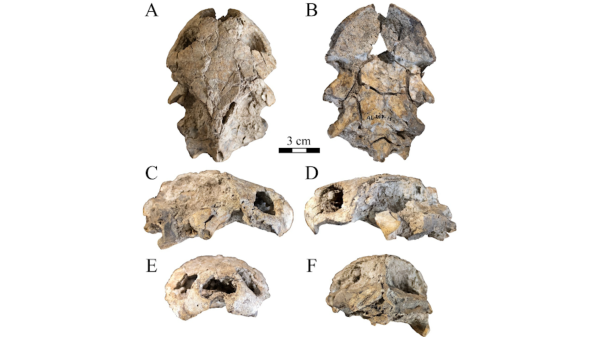For cities trying to shrink their carbon footprint, researchers at Arizona State University and a number of other institutions say one solution is to look at the emissions of individual buildings and communities, rather than cities as a whole.
In a recent commentary published in Nature, ASU researchers Kevin Gurney and Nancy Grimm, both with ASU School of Life Sciences, and the Ira A. Fulton Schools of Engineering’s Mikhail Chester, state that cutting carbon emissions by putting more electric cars on the road or generating more clean energy only fixes a small percentage of global urban CO2 emissions.
According to the scientists, if city managers handled emissions the same way they handled regional development, transport planning and waste disposal — at the scale of a house or road — it would be easier to see where a city’s “carbon hot spots” are located. From there, city officials could target their efforts to curb emissions in areas that are actually contributing most to the problem of greenhouse gas emissions.
The problem with this method, however, is that gathering such specific data is beyond the ability of most city planners. Despite this, the group of researchers suggests that city managers use data already being gathered by scientists from around the world. As long as the research community can translate the information into a form that is usable, the scientists say everyone will benefit.
Article: http://www.nature.com/news/climate-change-track-urban-emissions-on-a-hu…;
Source: Nature
Editor's Note: Links are included for informational purposes only. Due to varying editorial policies, news publications may remove or change a link for archival purposes at any time without notice.
Top photo by cmart7327/iStock
More Science and technology

When facts aren’t enough
In the age of viral headlines and endless scrolling, misinformation travels faster than the truth. Even careful readers can be swayed by stories that sound factual but twist logic in subtle ways that…

Scientists discover new turtle that lived alongside 'Lucy' species
Shell pieces and a rare skull of a 3-million-year-old freshwater turtle are providing scientists at Arizona State University with new insight into what the environment was like when Australopithecus…

ASU named one of the world’s top universities for interdisciplinary science
Arizona State University has an ambitious goal: to become the world’s leading global center for interdisciplinary research, discovery and development by 2030.This week, the university moved…
